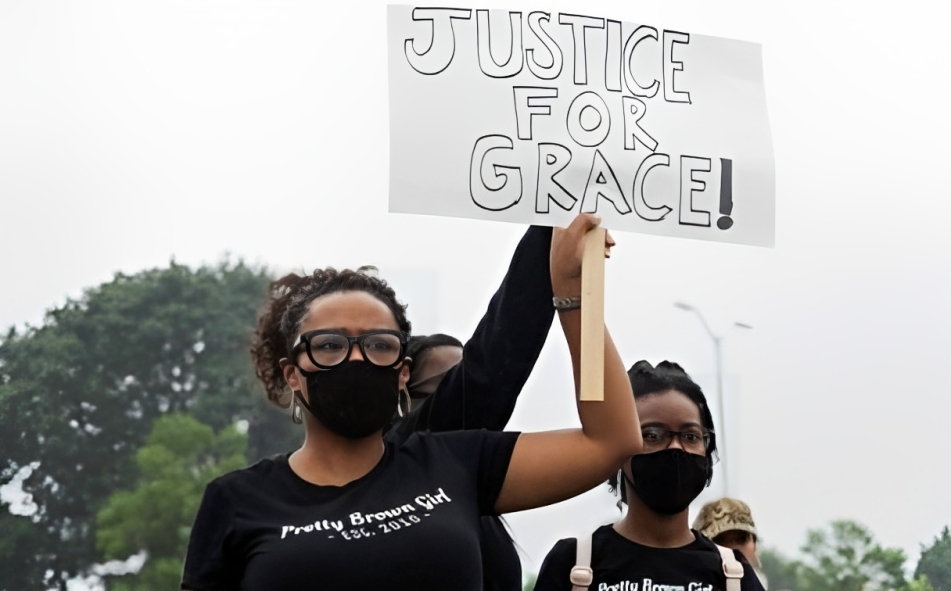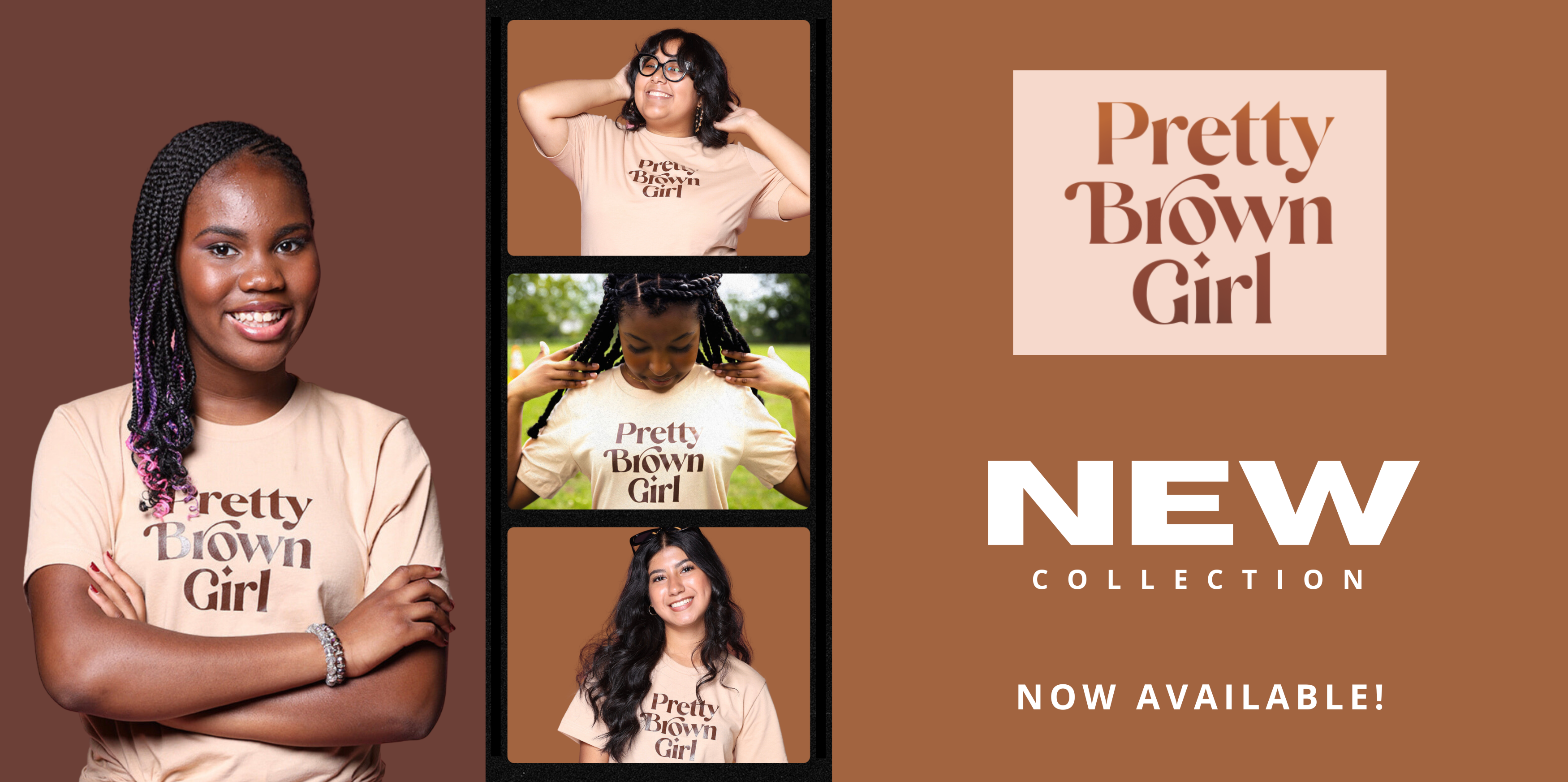(Detroit, MI) – It is undoubtedly no secret that the most disrespected person in America is the Black woman; but what continues to be cast away in a quiet corner is the foundation of that disrespect taking place systematically in schools across America. Recently amid two pandemics, that being COVID-19 and systemic racism in the U.S., a Black student attending Groves High School by the name of Grace was sent to a juvenile detention center for incomplete online coursework as a violation to her probation.
According to ProPublica Illinois, “The decision, they say, flies in the face of recommendations from the legal and education communities that have urged leniency and a prioritization of children’s health and safety amid the crisis. The case may also reflect, some experts and Grace’s mother believe, systemic racial bias. Grace is Black in a predominantly white community and in a county where a disproportionate percentage of Black youth are involved with the juvenile justice system. Students with special needs are especially vulnerable without the face-to-face guidance from teachers, social workers and others. Grace, who has ADHD, said she felt unmotivated and overwhelmed when online learning began April 15, about a month after schools closed. Without much live instruction or structure, she got easily distracted and had difficulty keeping herself on track, she said.” The incident immediately resulted in public outcry as it began to reach media outlets two months after sentencing. Online petitions, protests, and recognition from a few state leaders have opened up Pandora’s box on how intersectionality plays a role in a Black girl’s approach to predominantly white institutions of learning but also how society criminalizes Black girls and women’s anger.
It is with no hesitation that the “angry Black woman” trope was placed on Black women beginning in adolescence as a means for white men and women to weaponize their privilege in a less physical and more systemic way. By placing white men and women in power positions across sectors, especially that of education, it placed opportunities to shape and skew the perception of young Black girls. By refuting the notion of intersectionality, educational power structures and social hierarchies are able to take extreme measures disguised as discipline on Black students that don’t fit the mold of how white men and women see us; a mold that they in turn shaped. For the Grace girls of America, there is trauma automatically linked with identity, which puts them at an unfair advantage in navigating the educational experience virtually or in person.
According to Dr. Kimberly Leary’s issue briefing on Mental Health and Girls of Color published through the Georgetown Law Center on Poverty and Inequality, “Women and girls of all races and ethnicities are more likely than boys and men to report emotional and psychiatric symptoms. Women and girls of color, in particular, face unique stressors that are compounded by the intersection of race and gender identities. Negative sociocultural experiences rooted in racism, discrimination, and sexism contribute to emotional pain, but often remain unacknowledged as sources of distress.”
Protecting our girls and women means protecting their mental health and breaking the cycle of dismissive approaches to intersectionality. One organization working to uphold that protection is Pretty Brown Girl. There are other young girls like Grace across the country who are being characterized as a delinquent when educational environments are ready to discard them; but with more awareness and uplifting programs like that of #PrettyBrownGirl, we can break the cycle one girl at a time.
About Pretty Brown Girl
Founded in 2010 by parents, Sheri and Corey Crawley, Pretty Brown Girl (PBG) was established as a response to their daughters’ experiences with self-esteem and skin-tone related issues. Pretty Brown Girl’s mission is to educate girls of color and encourage self-acceptance by cultivating social, emotional and intellectual well-being What started as a unique product line for girls evolved into a global movement, whereby the Pretty Brown Girl Foundation (a 501c3 non-profit organization) was established to respond to the community’s need for engaging programs. This includes working in partnership with K-12 schools across the country as well as several ambassador programs with universities nationwide to push schools to adopt an internal strategic program that includes: improving mental health support among girls, reducing suspension rates and infractions, supporting Leadership Development, and helping to build long term, sustainable character and self-esteem.
Recently, the Pretty Brown Girl Foundation was listed in New York Magazine as one of 9 youth-oriented community organizations that should be supported in Black Lives Matters initiatives. Contact Pretty Brown Girl at 800-514-8559, email us at [email protected] and follow us on Facebook at www.facebook.com/prettybrowngirls!



